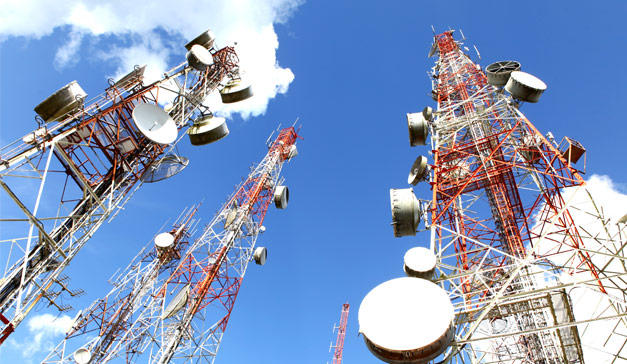The third phase of NetOne‘s mobile broadband expansion has begun to arrive in Zimbabwe, with President Mnangagwa scheduled to commission the deployment. The project is estimated to cost US$71 million and will see the construction of over 260 new base stations.
Also Read: Namibia’s Otweya Housing Project Reaches Completion
The Deputy Minister of Information, Communication Technology, Postal and Courier Services Dingumuzi Phuti, addressed the National Assembly on Monday. He reported that the government was working around the clock to improve mobile network coverage, particularly in rural areas. This is in response to the joint committee on the department’s, and Primary and Secondary Education’s report regarding access to e-learning in rural areas during the Covid-19-induced lockdowns.
“We have also started receiving equipment for the MBB Phase III especially targeting the rural areas,” he said. “This will enhance network coverage and ensure more areas can access services. To emphasise, I can confidently say that the President is going to be commissioning the equipment for the rollout, which will see the construction of over 260 base stations spread out across the country.”
NetOne’smobile broadband expansion has seen an update of 75 base stations from 2G to 3G, and another 60 to 4G.
The MBB Phase III project is a strategic cooperation initiative between China and Zimbabwe.
The project’s technical partner will be Huawei, one of the world’s largest telecoms companies.
The initiative aims to increase the operator’s national coverage from around 75% to 85%, improve 4G coverage, and see the debut of 5G to satisfy rising data demand.
The first phase of the NetOne expansion project began in 2011.
The government’s goal of becoming a middle-income country by 2030 depends on developing a vibrant digital economy.
Increased industrial connectivity is critical for providing dependable, low-cost, accessible, and omnipresent ICT services. These will help create an inclusive digital economy, as specified in National Development Strategy 1.
To minimise school calendar delays, the government has already started developing an e-learning strategy. This includes improved institution connectivity and the provision of required ICT gadgets.

Leave a Reply